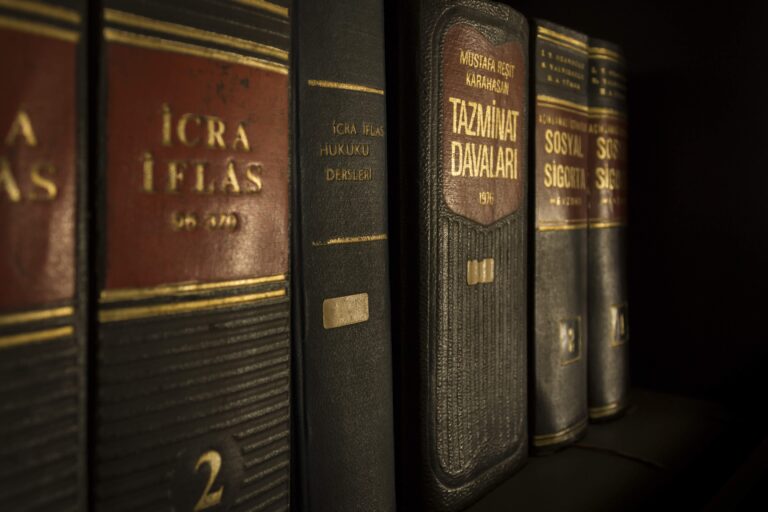If a police vehicle gives a driver of a vehicle a direction to stop, the driver commits an offence if they do not stop the motor vehicle as soon as practical if it is reasonable to do so in the particular circumstances. Section 754 of the Police Powers and Responsibilities Act 2000 (Qld) establishes the offence of evasion also known as the offence of failing to stop a motor vehicle. If you are charged with an offence of evasion, it is deemed a criminal offence rather than a traffic offence or infringement.
Penalties for Evasion
There are mandatory minimum penalties attached to the offence of evasion. If convicted of evasion, the charge would be dealt with in the Magistrates Court and the mandatory minimum penalty is 50 penalty units or 50 days imprisonment served wholly in a corrective services facility.[1] The maximum penalty is 200 penalty units or 3 years imprisonment.[2]
A penalty unit as of 1 July 2022 is $143.75,[3] currently if convicted of evasion the minimum fine that must be imposed is $7,187.50. If convicted of this offence, due to the restrictive nature of the legislation, Magistrates tend to take the view that it is within their discretion to either impose a substantial fine or 50 days imprisonment. Therefore, there can be significant consequences if convicted of this offence, including spending 50 days in jail without parole.
Following the conviction of an evasion offence, there is also a mandatory disqualification upon your driver’s licence for a period of 2 years.[4]
Defences
The particular circumstances of the case would need to be assessed to consider whether there is any avenue to defend or negotiate the charge. It would need to be considered whether the vehicle stopped at all, whether the vehicle stopped as soon as practicable if there is a particular reason the vehicle did not stop, how far away the police vehicle was to the vehicle subject to interception and whether the amount of time following the direction to stop was sufficient for a reasonable person in the circumstances to have stopped. Identification of the driver of the vehicle is also another factor to consider.
A potential defence to the charge is if the driver proves on the balance of probabilities that had a mistaken but reasonable belief the police vehicle was an emergency vehicle and therefore did not stop.[5]
The decision of Williams v Commissioner of Police [2015] QDC 134, discusses the defence of whether it was reasonable in the circumstances for the vehicle to comply with the direction to stop. Judge Samios allowed the appeal against the appellant’s conviction for the offence of failing to stop a motor vehicle and found the applicant not guilty of the charge.
In the event there is no defence to the charge, there is the potential to negotiate an evasion offence to a lesser charge such as Stopping Vehicles for prescribed purposes under section 60 of the Police Powers and Responsibilities Act 2000 (Qld). This charge does not carry the mandatory minimum penalties and does not carry a mandatory driver’s licence disqualification.
If you are charged with an offence of evasion, it is important you seek legal advice immediately given the serious consequences that could follow conviction.
Our solicitors are experienced advocates and have previously successfully argued for the imposition of the minimum fine as well as negotiating with Prosecuting bodies to withdraw charges of this nature or reduce an evasion charge to a lesser offence. Get in touch with RCR Lawyers today.
[1] Police Powers and Responsibilities Act 2000 (Qld) s 754(2).
[2] Ibid.
[3] Penalties and Sentences (Penalty Unit Value) Amendment Regulation 2022 (Qld) s 4.
[4] Police Powers and Responsibilities Act 2000 (Qld) s 754(3).
[5] Ibid ss 754(5)(7).
The blog published by Rostron Carlyle Rojas Lawyers is intended as general information only and is not legal advice on any subject matter. By viewing the blog posts, the reader understands there is no solicitor-client relationship between the reader and the author. The blog should not be used as a substitute for legal advice from a legal practitioner, and readers are urged to consult RCR on any legal queries concerning a specific situation.



